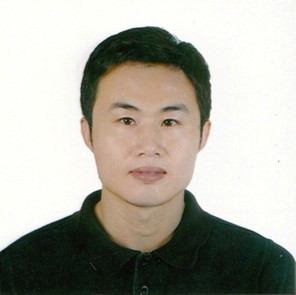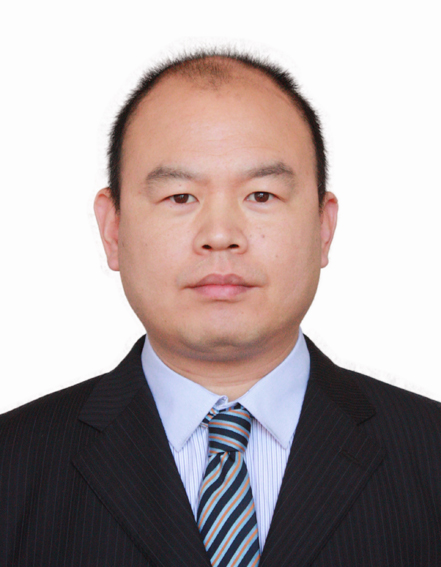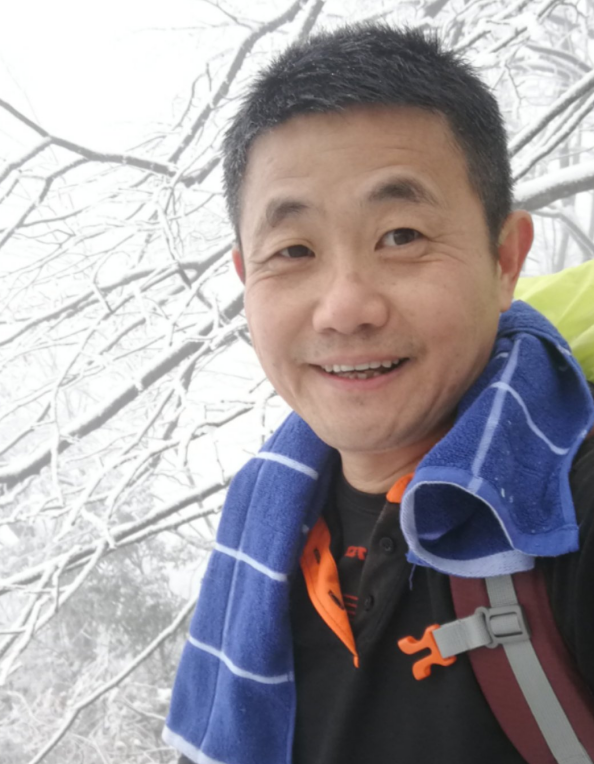
Prof. Yajun Liu
South China University of Technology, China
Yajun Liu, Ph.D., Professor, is affiliated with the School of Mechanical and Automotive Engineering at South China University of Technology. He is a member of the American Society of Mechanical Engineers (ASME), the Society of Automotive Engineers (SAE), a senior member of the Chinese Mechanical Engineering Society, and a committee member of the Manufacturing Technology Professional Committee of the Chinese Automation Society. He also serves as a technical consultant for multiple leading enterprises in the industry.
His research focuses on the mechanisms of manufacturing system processes and optimization control technologies. He has received numerous academic awards, including the “Nanyue Outstanding Graduate and Zeng Xianzi Scholarship First Prize,” the “Elianda Innovation Award,” the “Modern Manufacturing Academic Paper Award,” and the “Excellent Paper Award at the 20th International Conference on Mechatronics in 2016,” among others.
Professor Liu has published over 150 papers in professional journals and international conferences in the fields of machining mechanics, mechanical system process mechanisms, and optimization control research, as well as more than 10 papers on scientific teaching research. He has led and undertaken more than 10 national and provincial-level projects, in addition to over 20 enterprise R&D projects.
Title:Research on Handheld Electric Drill Control Technology Based on Data Gloves
Abstract: With the rapid development of intelligent control technology, electric tools are transforming towards intelligence and multi-functionality in fields such as industrial manufacturing, equipment maintenance, and home assembly. In this presentation, we designed an electric drill control system based on data gloves, establishing a closed-loop framework from data collection and feature extraction to model prediction and intelligent control. This approach achieves dynamic optimization of the drilling process and effectively improves processing quality and stability.

Prof. Zhenyu Zhang
Dalian University of Technology, China
Zhenyu Zhang, Professor at Dalian University of Technology, specializes in precision and ultra-precision machining technologies, including grinding, polishing, additive manufacturing, laser processing techniques, and equipment. He holds several prestigious titles, including National Distinguished Professor, inaugural recipient of the Chang Jiang Young Scholars Award by the Ministry of Education, National Excellent Young Scientist, Dalian Outstanding Young Scientist, "Hundred-Thousand-Talent Program" (Hundred Talents Level) honoree in Liaoning Province, Outstanding Scientific Worker of Liaoning Province, Outstanding Master's Thesis Supervisor in Liaoning Province, and Innovation Talent in Liaoning Higher Education Institutions.
He was awarded the First Prize of the National Science and Technology Progress Award (Innovation Team) (ranked 10th among 15 contributors). As the primary inventor, he holds 60 Chinese patents and 6 U.S. patents. He has published 27 SCI journal cover articles as the first or corresponding author, including 1 with an impact factor (IF) > 30 and 14 with IF > 10.
As the leading contributor, he received the First Prize of Hainan Provincial Science and Technology Progress Award and the First Prize of China Industry-University-Research Collaboration Innovation Award. His research achievements have been applied in key national institutions such as China Academy of Space Technology (CAST), China North Industries Group Corporation (NORINCO), China Academy of Engineering Physics (CAEP), and China Aerospace Times Electronics Corporation (CATEC).
Title: Energy Field-Assisted Chemical Mechanical Polishing Process and Equipment for Complex Components
Abstract:The polishing and deburring of complex components mainly employ methods such as manual polishing, magnetorheological finishing, soft abrasive belts, abrasive flow machining, and robotic grinding and polishing. These methods share a common feature of material removal by mechanical abrasives, which inevitably leave scratches on the workpiece surface, becoming sources of fatigue in high-performance equipment and parts. For micro-fine, thin-walled, and additively manufactured complex components, traditional methods fail to achieve effective polishing and deburring, posing an international challenge. To address this problem, our team has developed a novel energy field-assisted chemical mechanical polishing method, process, and equipment, successfully overcoming this global difficulty. The relevant research outcomes have been applied in key national units such as China Aerospace, AVIC Aero-Engine Corporation, the 29th Research Institute, and the Ninth Academy of the China Academy of Engineering Physics.

Prof. Jin Xie
South China University of Technology, China
Jin Xie, Ph.D. in Mechanical Systems Engineering from Kitami Institute of Technology, Japan, is a professor and doctoral supervisor at the School of Mechanical Engineering and Automotive Engineering, South China University of Technology, and the leader of the “Precision Microfabrication Technology and Intelligent Equipment” research team. His research focuses on precision microfabrication technologies and the automation and intelligent systems of manufacturing processes.
He serves as an editorial board member of the *International Journal of Machine Tools and Manufacture*, a committee member of the Precision Grain Engineering and Nanotechnology Professional Committee under the Production Engineering Branch of the Chinese Mechanical Engineering Society, and a member of the Japan Society for Precision Engineering.
Dr. Xie has received numerous honors, including the Japanese Ministry of Education Research Scholarship, the JASSO Research Fellowship, the Annual Award from the Japanese Abrasive Processing Society, the First Prize of Guangdong Provincial Science and Technology Progress Award, and the First Prize in the Nanjing Overseas Scholars Entrepreneurship Competition.
He has led and completed multiple vertical research projects funded by the National Natural Science Foundation of China, Guangdong Provincial Key Natural Science Foundation, Guangdong Key Science and Technology Program, and the Guangzhou Major Industry-University-Research Collaborative Innovation Project for Foreign Cooperation. He has published over 30 SCI-indexed papers, including 10 in the *International Journal of Machine Tools and Manufacture*.
Title: Intelligent diagnosis of potential defective products in micro-transformer production by integrating mechanical and electronic signals
Abstract: AI manufacture depends on real-timely perceiving processing status, real-timely training process data and real-timely adjusting process variables, but the sensing data is difficulty related the processing requirement. In automatic mass-production of micro-transformers, an intelligent diagnosis system is proposed to screen out the potential defective products (PDPs) for actual ex-factory by integrating and training mechanical and electronic signals. The objective is to understand the data-driven non-linearity between electronic specifications and product quality along with unstable mechanical status during production. On the base of time and frequency domain eigenvalues, Artificial Neural Network (ANN) and Naïve Bayes (NB) are firstly employed to process the vibration signal of equipment testing probe for network training and prior probability, respectively. Then, the various electronic signals related to quality parameters were categorized to screen out PDPs by K-Nearest Neighbor (KNN) and Support Vector Machine (SVM) along with spatial distance and hyperplane databases, respectively. Finally, the screen-out threshold is introduced to evaluate the reasonableness with reference to the phase-out divergence. It is shown that the NB more precisely recognizes the equipment status timely updates production database for small and incomplete samples compared to the ANN, thus leading to more stable signal related to the equipment status. Compared to the SVM, the KNN validly screen out the PDPs due to its superior processing capability of nonlinear electronic signals. By intelligently integrating mechanical and electronic signals, the data-driven screen-out model is able to solve the non-linear relationship between the critical production requirement and the potential defective products.
